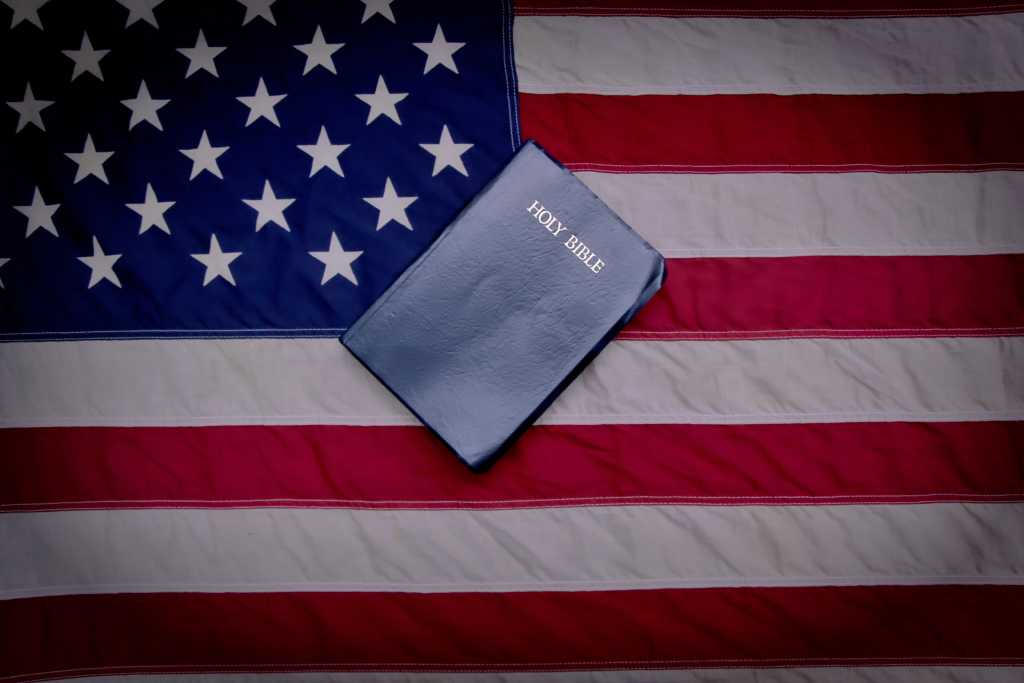In 2009, Maryam Rostampour and Marziyeh Amirizadeh were arrested by the Iranian government for practicing their Christian faith, in violation of the country’s strict laws.
The two women met in 2005 when they were studying theology in Turkey. They had both been born into traditional Iranian families, but as young adults they became devoted Christians.
‘We Are Helpless’: 27 Christians Drown While Fleeing Latest Brutal Islamist Attack
After Iranian officials discovered they were practicing believers, they arrested the women, jailing them for 259 days in one of the country’s most dangerous prisons, Evin prison.
Maryam and Marziyeh both faced mental torture and interrogation day in and day out, because of their “offenses” against Iran. Their charges included apostasy, blasphemy and promoting Christianity, which ultimately lead to a sentence of execution by hanging.
Not only did the Iranian government threaten the women, but they also threatened their families, hoping that they would renounce their faith in Christ.
Ultimately, the two women were not executed but instead banished from Iran in 2010.
“The only thing that helped us stand on our faith was our personal relationship with Jesus and the love of God that we have experienced in our lives. We told them many times that Jesus is our Lord and you cannot take Him away from us,” Amirizadeh said at the State Department for the Ministerial to Advance Religious Freedom earlier this summer.
“We believe we are alive today because of Jesus’ power and His miracles,” Rostampour added.
When the two left Iran in 2010, they moved to Turkey, where they registered as refugees, until they were selected by the U.S. State Department to be resettled in Atlanta, Georgia.
“We will forever be thankful to America for welcoming us and offering us the freedom to live out our faith without fear,” Rostampour wrote in a recent Op-Ed for Fox News.
Although they are grateful that they have been able to resettle in the United States, Rostampour wrote that they wish more persecuted Iranian Christians would be allowed to seek refuge in the United States.
Pakistani Christian Woman Thrown Off Roof for Refusing to Convert to Islam, Marry Muslim
“Since 2008, according to the State Department’s Refugee Processing Center, more than 16,000 Iranian Christians have been able to come through the U.S. refugee resettlement program, as have an additional 10,000 other religious minorities, including adherents of the Jewish, Baha’i and Mandaean faiths, who also face mistreatment from the Islamic government of Iran,” Rostampour wrote.
“This year, however, those numbers have dropped dramatically. A mere five Iranian religious minorities have been allowed to enter the U.S. as refugees, down more than 99 percent from just two years ago. The same holds true of refugees from other countries. In 2016, the U.S. welcomed 6,436 Christian refugees from the 11 countries where Christians face the ‘most extreme’ persecution. Thus far in 2018, only about 600 Christians from these countries have been accepted,” she wrote.
The U.S. has halted immigration from these countries due to security concerns, and Rostampour agrees that keeping that in mind is important and crucial to the safety of the United States.
“What most Americans probably don’t realize is that the U.S. government already has an extremely thorough vetting process set up, including multiple biographic and biometric background checks and thorough interviews by Homeland Security officers,” she added.
Rostampour argues that the vetting process is already complex, and while over 900,000 refugees have entered the U.S. since 2001, not a single terrorist attack has happened as a result of it.
“The new U.S. policy is keeping the victims of a corrupt and abusive government from coming to America, even while some government officials and their families are among the very few able to obtain visas,” she added.
“The U.S. should be proud of its history as a beacon of safety, compassion and freedom,” Rostampour noted. “But if it wants to retain that history, it needs to change course to admit more refugees.
Rostampour pointed out that since the policy has changed, very few refugees have been allowed to enter the country. She went further to argue that the slower the refugee resettlement, “the more long-term harm is done to the infrastructure of faith-based non-profit organizations.”
PERSECUTION: Iranian Court Sentences 12 Christians to Prison for House Church Worship
For an example, she cited World Relief Atlanta, an evangelical ministry that helped the two females out when they arrived in the U.S. has had to lay off 21 of their 30 staff members due to the decline of refugees to the U.S.
Rostampour also pointed out that when Secretary of State Mike Pompeo was asked earlier this year about the decline in admitted refugees, he said he wanted refugees “to experience religious freedom in their own countries, such that there will be fewer that have to travel to the United States to practice their faith.”
“We’re very thankful for all that President Trump and his administration are doing to advance international religious freedom broadly, and in particular to hold the Iranian regime accountable for their abuses,” Rostampour wrote. “But until there truly is religious freedom in Iran and other parts of the globe, we’re praying the U.S. will not close its ‘golden door’ on persecuted Christians and other religious minorities who have been forced to flee.”
(H/T: Fox News)



